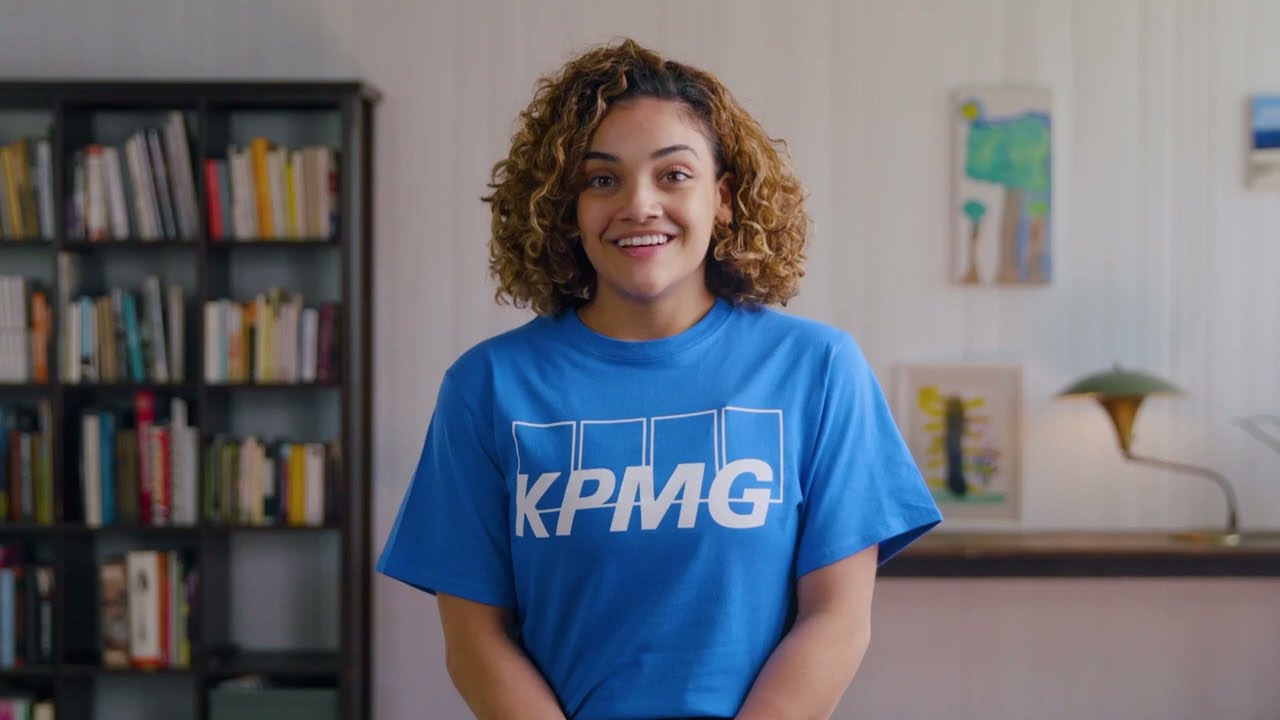Virtual field trips with Laurie Hernandez
Join KPMG Learning Ambassador Laurie Hernandez and friends as they explore new experiences learning about a variety of different topics.
At KPMG, we believe learning unlocks a student’s potential. To help support educators and engage students, we’ve created a series of virtual field trips with accompanying resource guides featuring KPMG Learning Ambassador and Olympic gold medalist, Laurie Hernandez.
Laurie introduces students to thought leaders, academics, and other influencers to discuss subject matter authentic to their passions and professions while taking classrooms on exciting virtual visits!

Trailer: KPMG Virtual field trips with Laurie Hernandez and friends.
Join KPMG Learning Ambassador Laurie Hernandez and friends as they explore new experiences learning about a variety of different topics.
Explore the video series
Your heart is the most important muscle in your body and keeping it strong is key to living a healthy life. Together, Laurie and her friends from the KPMG network will share physical fitness, mental activities, and self-reflection exercises that you can do every day to improve your heart health so you can live a happier and healthier life. There are two versions of this episode available, tailored to different age groups.
